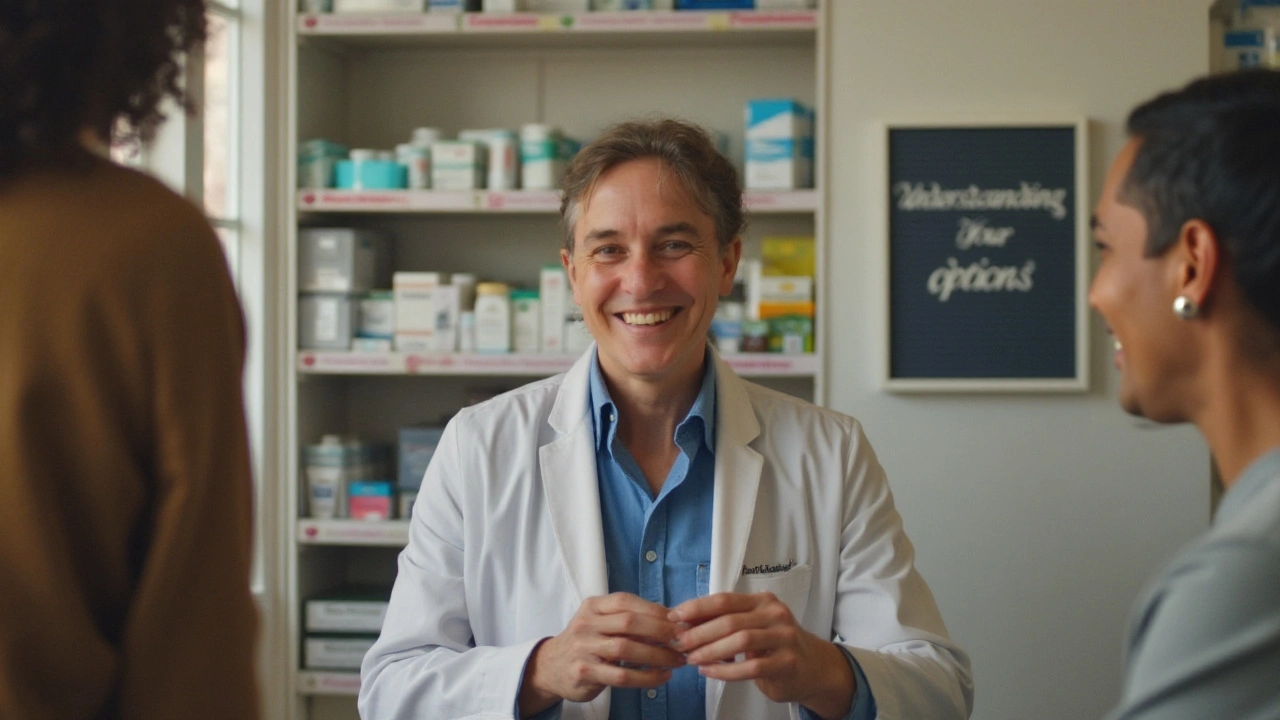Herpes treatment: what actually helps with outbreaks
Got a herpes flare or want to reduce how often they happen? You’re in the right place. This page focuses on what works: proven antiviral drugs, simple self-care steps to ease pain, and practical moves to cut transmission risk. No fluff — just clear, usable tips.
Antiviral medications: what works
Oral antivirals are the backbone of herpes treatment. The common ones are acyclovir, valacyclovir, and famciclovir. They shorten outbreaks, help sores heal faster, and lower virus shedding so you’re less likely to pass it on.
There are two main ways to use them: episodic therapy (taken when you feel an outbreak starting) and suppressive therapy (a daily low dose to prevent recurrences). Episodic use cuts a single episode short. Suppressive therapy can drop outbreak frequency by about 70–90% for many people.
If you have frequent or severe outbreaks, a doctor can prescribe daily suppressive treatment. People with weakened immune systems or those who don’t respond to standard pills may need IV antivirals or resistance testing — that’s handled by specialists.
Everyday care and when to see a doctor
Simple self-care helps a lot. Keep sores clean and dry, wear loose cotton clothing, and use over-the-counter pain relievers like acetaminophen or ibuprofen. A cool compress or short sitz baths can ease discomfort. For local numbness or severe pain, topical lidocaine (over-the-counter gels) may help — check with your pharmacist.
Start antivirals early. The sooner you begin once symptoms appear, the better they work. If you get frequent outbreaks, outbreaks that last long, or symptoms that spread, see a healthcare provider. Also see a doctor right away if you’re pregnant or think you’ve been exposed during pregnancy — neonatal herpes is serious and needs prompt care.
Testing is simple blood or swab testing. Swab a fresh sore for the most reliable result. Blood tests can show prior exposure but won’t tell you exact timing.
Prevention is practical. Use condoms during sex (they lower but don’t eliminate risk), avoid sexual contact during active sores, and talk openly with partners. Daily suppressive antivirals plus condoms provide much stronger protection than either alone.
Mental health matters too. Herpes stigma hits people hard. If anxiety or shame is a problem, talk to a clinician or counselor — support groups can help you feel less alone.
If you’re unsure about medication options, dosing, or safety with other drugs you take, ask your doctor or pharmacist. They’ll tailor treatment to your health history and needs.
Want more specific guides on antiviral options, managing first outbreaks, or preventing transmission in relationships? Check the articles linked on this tag for step-by-step guides and real-world advice that people actually use.




